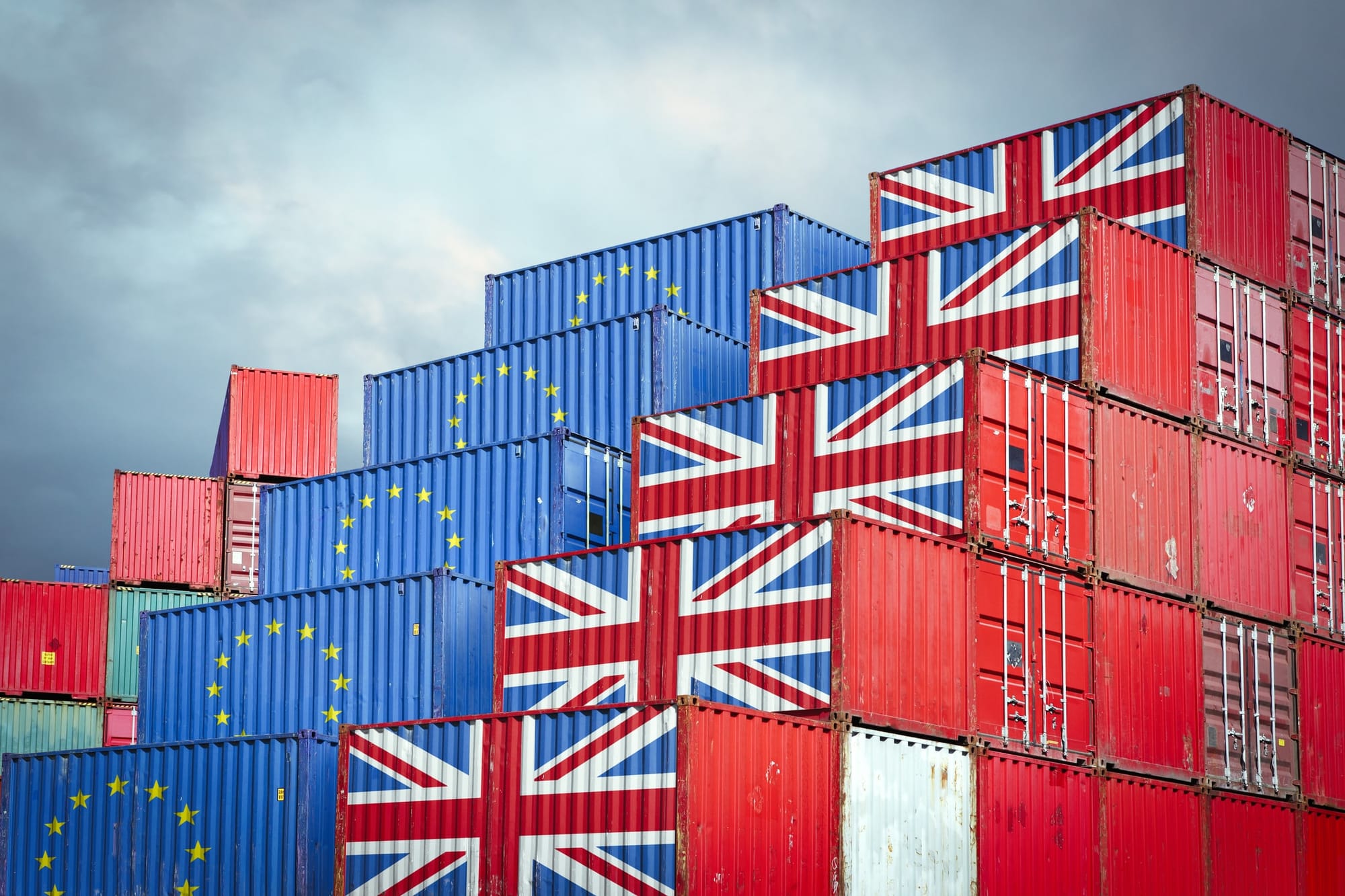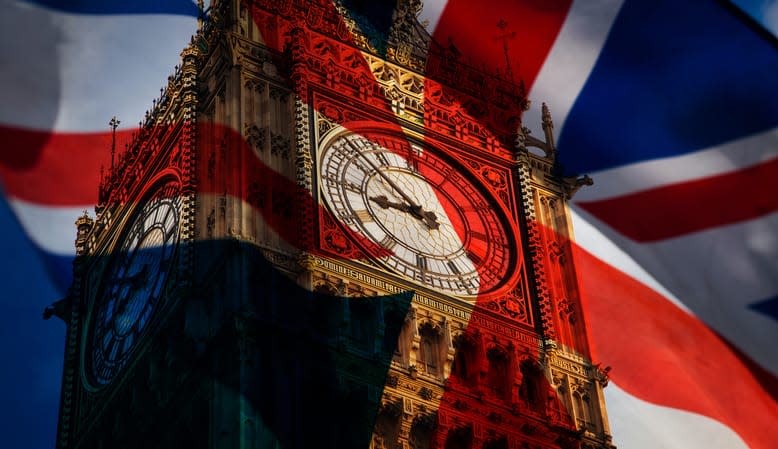
Since the Brexit referendum started in 2016, prominent Australian politicians have passed judgement on the prospect of reinvigorated ties with Commonwealth countries that have animated leading Brexiteers in the United Kingdom. Former foreign minister Gareth Evans described this idea as an "illusion"; Julie Bishop called it a "fantasy"; and former prime minister and well-known swear bear Kevin Rudd slipped into the English vernacular to describe it as "bollocks".
But why do they care? The answer is that, unbeknown to most Australians, their country is implicated in the Brexit morass.
This isn’t just about trade, important though this is. One of the core Brexiteer claims is that there are many countries queueing up to do free trade deals with "Global Britain" when (or if) the UK leaves the EU.
Australia has been ostentatiously pushing itself to the front of the queue. And Australia looms large in the Brexiteer imagination. In late 2016, "leave" voters were asked which countries should be prioritised for post-EU free trade deals, and the No.1 choice was … Australia.
This disregard for existing economic realities requires some explanation.
The negotiation phase of the UK’s withdrawal from the EU playing out in Westminster revealed what was always true: Brexit is as much an elite project driven by posh populists such as Boris Johnson, Nigel Farage and Jacob Rees-Mogg as it is a revolt of an enraged electorate "left behind" by the benefits of globalisation and European integration.
Brexit is about reasserting the UK on a global stage
This vision of Britain’s "global" future (as if the EU wasn't a global actor itself) was bound up with a particular view of Britain’s past. This vision of a better yesterday rested on three pillars: memory of war, memory of empire, and a belief in the superiority of Britain’s form of democracy, all underpinned by a belief in benefits of free trade.

As Conservative MP Grant Schapps put it in the wake of the shock result in 2016, if Britain was to thrive outside of the EU, it needed to ‘’rediscover that swashbuckling spirit of the 19th century, when we practically owned the concept of free trade’’.
Yet this neo-19th-century Britain is a hollow construct, driven outwards by internal tensions. Brexit is also a contest over competing forms and locations of sovereignty within the UK. In this contest, different locations of sovereignty such as the executive government, the Westminster parliament, the Scottish government and "the people" all seek to "take back control" from each other, and not just from the EU.
If the referendum appeared to answer one question, it also demanded responses to others. Which people had spoken? Londoners, the Scots and Catholic Northern Irish voted to stay in the EU.
The myopia over the effects of Brexit on Northern Ireland (which didn't appear anywhere in the referendum campaign in England) suggest popular English disdain towards other parts of the UK. Heightened talk of "Britain" masked the Englishness of the grievances underpinning the elite project; few researchers ask the question, but when they do English "leave" voters prioritise leaving the EU over keeping the UK united.
In these dire straits, Britain needs the Commonwealth and Australia like no time since World War II.
In these dire straits, Britain needs the Commonwealth and Australia like no time since World War II. Not that an FTA with Australia will go far to replace the loss of the EU’s single market.
One retired senior civil servant described the idea of giving up the single market of 27 of the UK’s nearest neighbours and seeking FTAs in its place as equivalent to giving up a three-course meal ‘‘for the promise of a packet of crisps in the future’’.
Furthermore, the view of help coming from the Commonwealth was largely formulated in the absence of input from the Commonwealth itself, beyond networks of like-minded right-wing reformists.
The view of a post-EU UK trading with its "true friends" rested on a view of history whereby people around the world liked Britain because Britain had colonised their countries in the past.
Unsurprisingly, not everyone in the former colonies cleaves to this view. While true that the Australian government is keen on an FTA as and when the UK leaves the EU, a Labor government might take a more "Anglo-sceptic" stance towards "Global Britain". In the Labor tradition, Britain is associated with the defeats at Gallipoli and Singapore, rather than for the benefits of imperial heritage.
In mid-March 2019, the Brexit plates are still spinning on sticks. Where they will fall is difficult to tell.
The UK may end up leaving the EU with no deal. Sometimes in international relations, things happen that few people want, despite intentions and efforts to the contrary. Such a scenario is playing out at Westminster, and Australia is more than just an observer as Britain sleepwalks towards a cliff edge.





